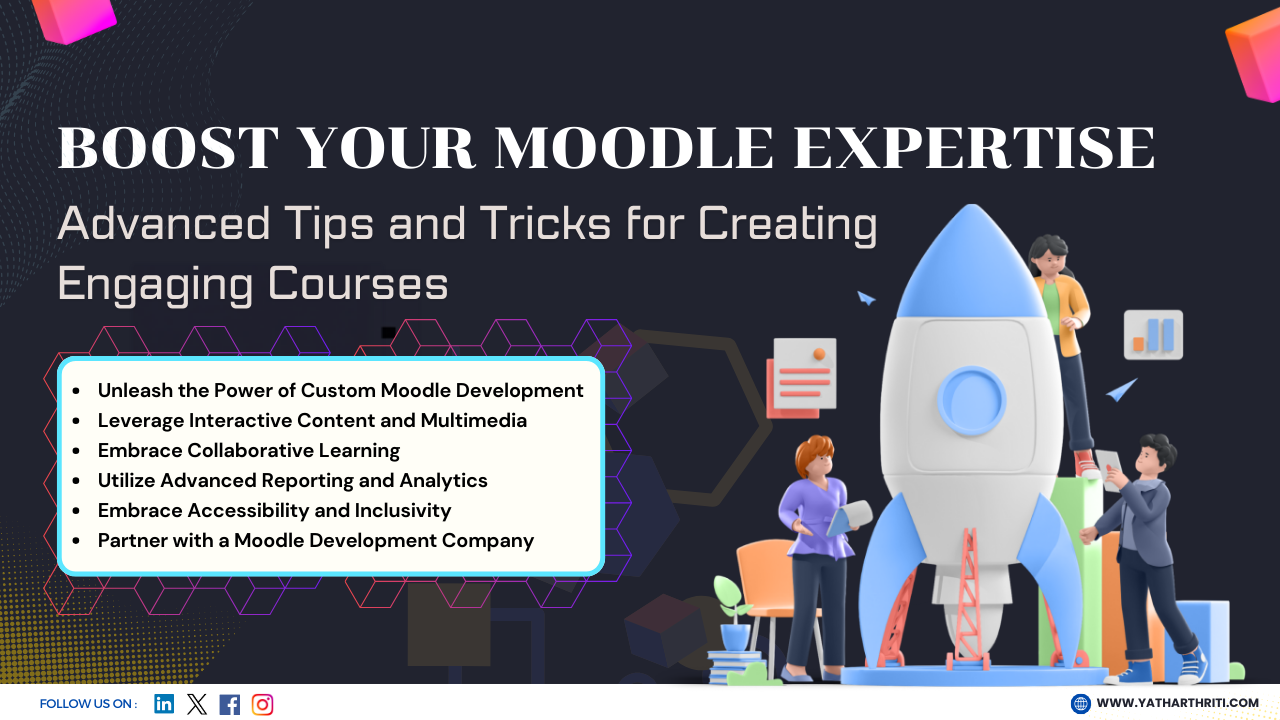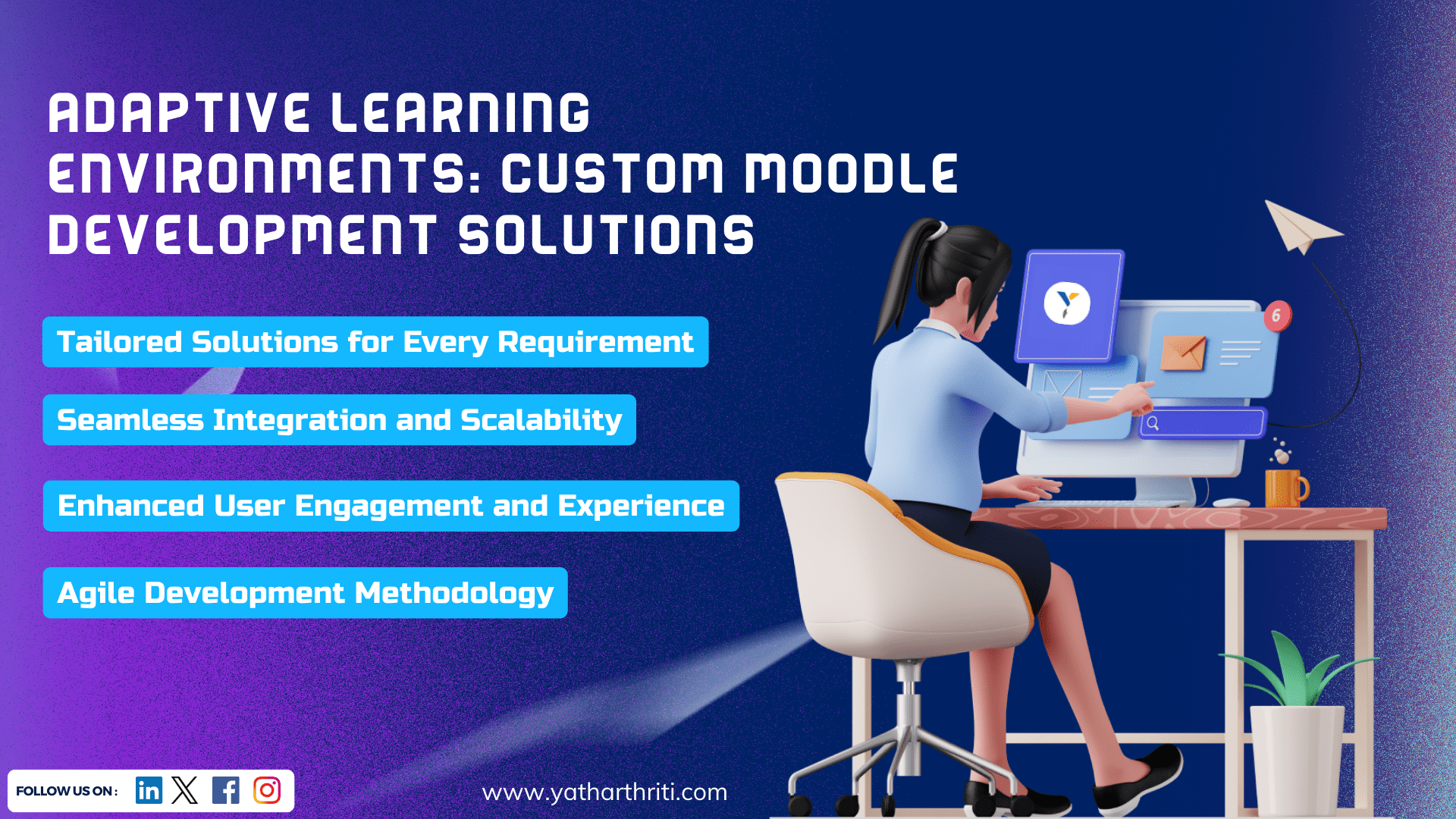LMS software has advanced over the past few years from its original administrative purpose of managing learners to an all-encompassing purpose of managing learning. This change means that online training software must take on a variety of tasks: Developing content using e-learning software, delivering content, assessing and evaluating students, creating digital repositories, providing an interactive platform for collaborative learning, and more. To successfully meet expectations, LMS software is moving away from a course-centric focus to a distinctly learner-centric approach.
Many organizations choose to implement LMS software in their organization, but often have many questions to ask themselves. Below are some pointers that will help you move forward with your e-learning initiative with the most appropriate LMS Development company:
Key parameters to keep in mind when choosing an LMS partner: There are certain factors for each learning group, and if you know “what you want,” the selection is easy. Each LMS system has its own strengths, but these cannot be leveraged well for the learning needs of different industries. For example, an LMS system rich in audio-visual stimuli is well suited for a manufacturing or infrastructure company, whose learning modules often consist of a lot of information and tend to be boring or text-heavy.
For a financial services company, on the other hand, web-based tutorials (WBTs) are better suited because they require a constant flow of information. If you know what your learners want, the foundation of the LMS can be assessment or certification (for technology and software companies), search (for research companies), or content (for management trainees or consulting firms). To avail the best LMS that you need, you should always look for a custom LMS development company such asYatharthriti.
The challenges of LMS adoption: The biggest challenge of all, even more than technology, is change management. Preconceived notions about face-to-face instruction and e-learning are the hardest to break, and often learning development teams prefer to indulge the egos of training managers rather than try to break new ground. The way I see it, just as hands and feet have interchangeable roles NOT, face-to-face instruction and e-learning have their own strengths – and neither can replace the other.
The role of the education manager should be that of a wholesale market where learners choose what they want to “buy.” The most successful search portals on the Internet and probably the best LMS model are Google and Wikipedia. Apart from these, technological issues and linguistics are other areas where the robustness and adaptability of an LMS are questioned.
Post-implementation support: small issues overlooked during the LMS assessment and overview phase may prove to be a problem later. Long-term planning is necessary, as the LMS development company should chart the path that learning will continue to take in the future. Finally, technical or other issues with support mechanisms can also affect the success of an LMS. The LMS partner must provide ongoing support and assistance in all of these areas.
E-learning has the ability to deliver instant results in knowledge transfer, which is not possible with classroom learning. It is undoubtedly the preferred medium for today’s generation who are ready to accept on-demand learning.
To learn more about us click here:- Yatharthriti



